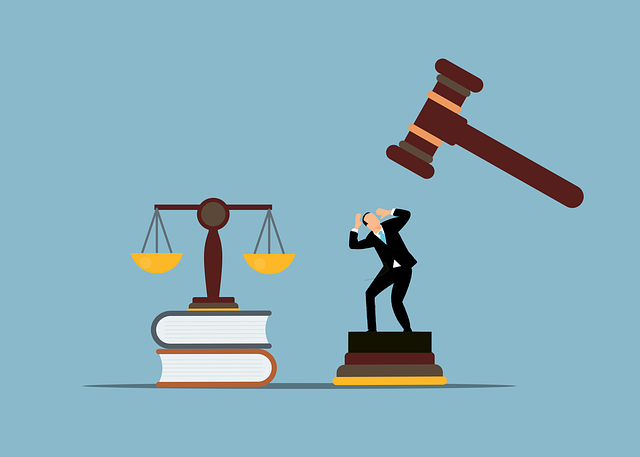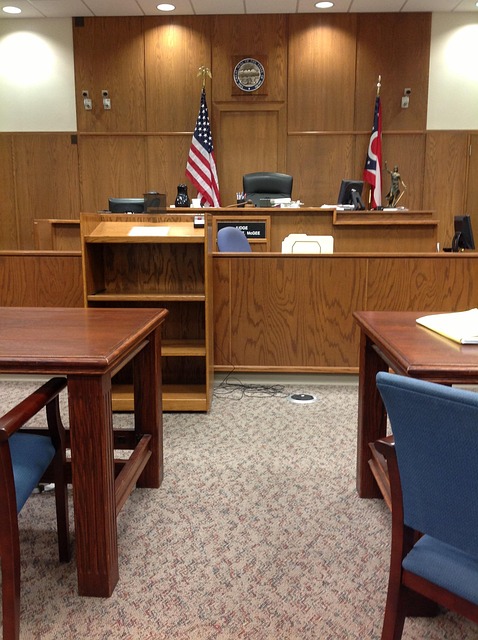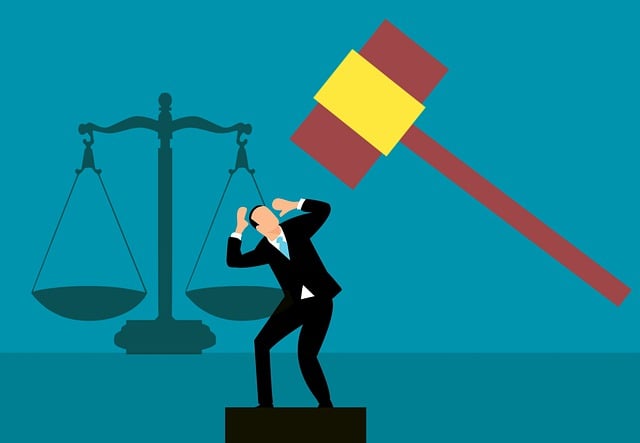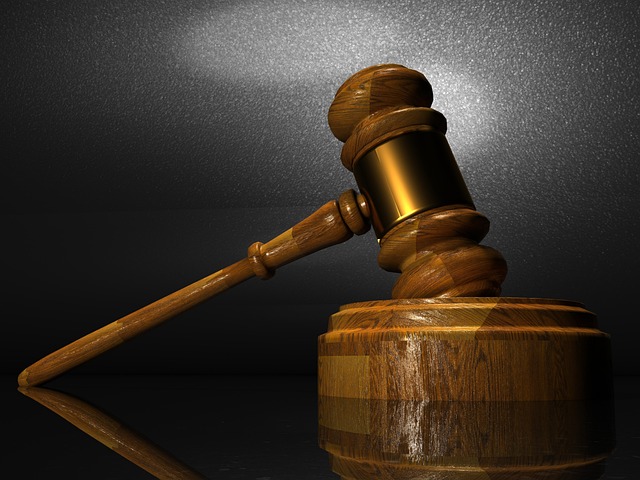The initial steps in an injury case timeline include filing a claim and overcoming procedural hurdles. Evidence gathering is critical but time-consuming, especially in complex cases. Negotiation and trial phases can cause delays, with settlements or trials potentially taking months due to legal complexities and appeals. Effective management of these timelines is key to achieving compensation swiftly.
Personal injury cases often face delays, impacting the overall duration of legal proceedings. This article explores the common factors that can slow down an injury case timeline, focusing on three key areas: Legal Procedures, Evidence Gathering, and Negotiations & Trial. Understanding these potential roadblocks is crucial for victims navigating their rights and ensuring a timely resolution. By delving into these aspects, we aim to provide insight into the complexities of personal injury cases and offer guidance on managing expectations.
- Legal Procedures: Initial Steps and Delays
- Evidence Gathering: A Time-Consuming Process
- Negotiations and Trial: Potential Timeline Extensions
Legal Procedures: Initial Steps and Delays

The initial steps in a personal injury case are crucial for setting a timeline and determining the potential outcome. Once a victim has decided to pursue legal action, the first stage involves filing a claim with the appropriate court. This is typically done by retaining an attorney who will draft and submit the necessary paperwork, including a detailed description of the incident, damages incurred, and relevant medical records. However, even after this initial filing, several legal procedures can lead to delays.
Court dockets are often overcrowded, causing case backlogs that require patience from all parties involved. Additionally, insurance companies may request additional documentation or conduct independent investigations, further prolonging the process. In complex cases, especially involving wrongful death claims or severe injuries with extensive medical bills and lost wages claim, expert testimony and comprehensive legal research might be needed, adding more time to resolve the case. Personal injury compensation becomes a feasible outcome only after these procedural hurdles are cleared, and both parties agree on terms or a verdict is reached through litigation.
Evidence Gathering: A Time-Consuming Process

Evidence gathering is a crucial yet time-consuming aspect of any personal injury case timeline. From medical records to witness statements and physical evidence from the scene, collecting comprehensive documentation can take significant time. Each piece of evidence must be meticulously documented, authenticated, and prepared for submission in legal proceedings. The complexity increases when dealing with cases like elder abuse or defective products, where specialized knowledge and additional investigations are often required.
An Orlando auto accident attorney, for instance, would need to gather not just standard evidence but also expert opinions, vehicle inspection reports, and potentially extensive documentation related to insurance policies and liability. This meticulous process is essential to ensure a robust case that can navigate the legal system effectively, ultimately aiming for a swift resolution or a successful outcome in court.
Negotiations and Trial: Potential Timeline Extensions

Negotiations and Trial are pivotal stages in an injury case timeline that can significantly impact the resolution time. Often, these phases can introduce delays as both parties aim to reach a favorable outcome. The plaintiff’s lawyer may require considerable time to gather evidence, prepare expert witnesses, and build a compelling case strategy. Simultaneously, the defendant’s legal representation will mount their defense, potentially leading to extensive discussions and negotiations over liability and damages.
In some cases, these negotiations can extend the injury case timeline as parties seek to settle out of court. A slip and fall settlement, for instance, may involve complex calculations of medical expenses, lost wages, and pain and suffering, requiring careful consideration. Alternatively, if negotiations fail, the case may proceed to trial, further delaying the process. Real estate disputes, similar to personal injury cases, can also experience delays during this phase due to the intricate legal procedures and potential appeals that may arise.
Personal injury cases often face delays due to intricate legal procedures, extensive evidence gathering, and complex negotiations. Understanding these potential roadblocks is crucial for victims navigating an injury case timeline. Each phase, from initial steps to trial, may experience extensions, emphasizing the importance of patience and persistence throughout the process. By recognizing common delays, individuals can better prepare for potential timelines and ensure their rights are protected.






